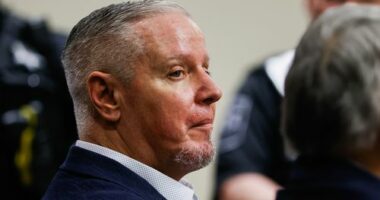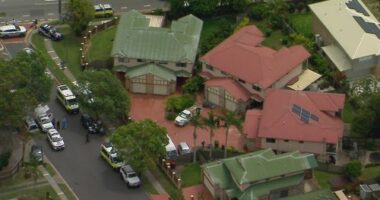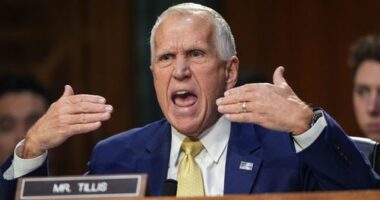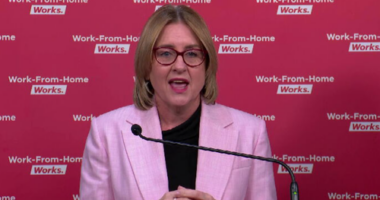Share this @internewscast.com
The study also acknowledges the “hidden first responders” in tackling mental health challenges.
Social connection in Australia breaking down
The mental health impact of living costs: This has deterred 86% of gen Z and millennial participants from following their dreams and goals.
Australia’s mental health data
The National Study of Mental Health and Wellbeing conducted by the Australian Bureau of Statistics (ABS) between 2020 and 2022, surveyed 19.8 million Australians aged 16 to 85.

Source: SBS News
Of these, 42.9 per cent or 8.5 million Australians had experienced a mental disorder at some time in their life.
The most prevalent conditions include anxiety, affective disorders (including depression) and substance abuse.
Hidden mental health workers
From hairdressers to hospitality staff, gym trainers and childcare educators — all are part of this “hidden workforce.” Their clients confide in them very often “because those are the places they actually go”.
Dr Pramudie Gunaratne is chair of the NSW branch of the Royal Australian & New Zealand College of Psychiatrists.

In January, around 200 psychiatrists in NSW’s public health system submitted their resignations amid an ongoing pay dispute with the state government. Source: AAP / Dan Himbrechts
“As psychiatrists, we are trained in caring for mental illness, but mental health is much wider than that … When we see people in emergency departments and clinic rooms, they are overwhelmed, at crisis point,” she said.
“Social connection is required all the time. It doesn’t matter if it’s prevention or early intervention, having that glue that holds people together is essential.”
Addressing the loneliness epidemic
“The only way that it’s going to be successful is if it is community-led.”
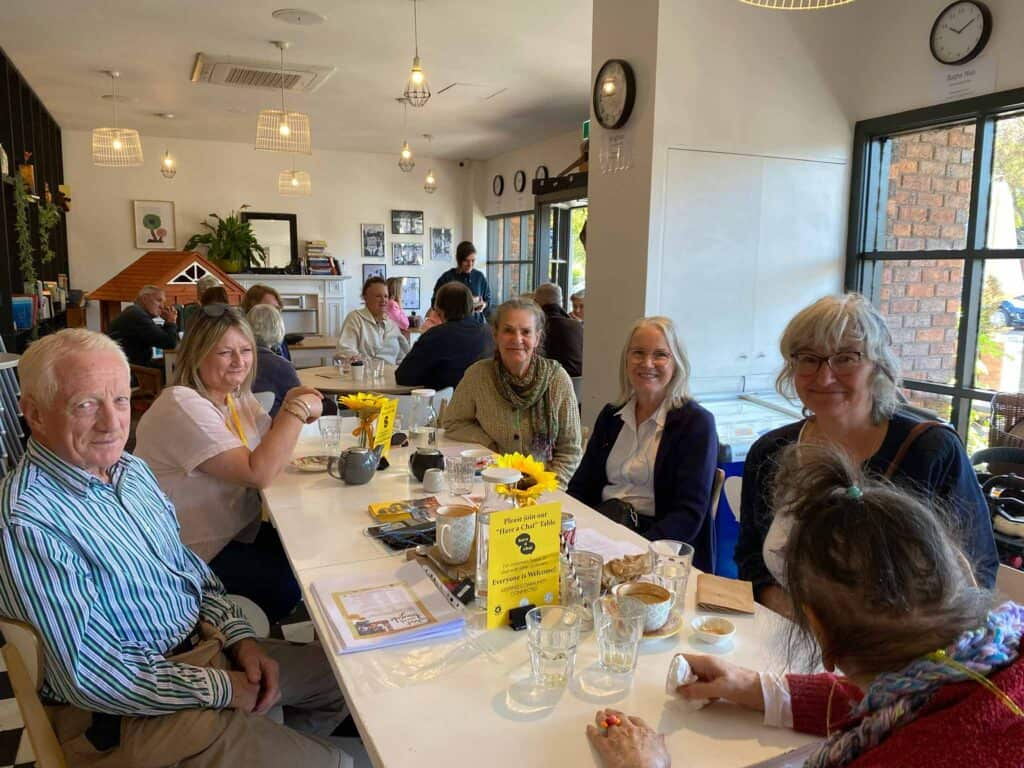
While hundreds of places across Australia host ‘Have a Chat’ venues, Reid says several hospitality venues have shut down in recent years due to cost-of-living pressures. Credit: The Chatty Cafe Scheme
More than five years later, The Chatty Cafe Scheme has expanded to over 250 venues mainly across the east coast of Australia, including community centres, op shops, art galleries and even croquet and bowling clubs where patrons can have a chat with other patrons.
Foundation for Social Health CEO Melanie Wilde is calling for a Commissioner for Social Connection to be established within government.
“This isn’t a problem you can solve with 7,500 psychiatrists and 30,000 psychologists,” she said.
What we need is a national strategy that funds the places, people, and platforms that keep communities strong — from pubs to libraries, sports clubs to cafes, gyms to grassroots arts organisations.
Melanie Wilde, Foundation for Social Health CEO.
Wilde welcomes the recommendations from these inquiries, but believes a more permanent position that goes beyond “cyclical portfolios” needs to be established.
‘We need a complete reform’
“We have inherited a bit of a bin fire and been given a water pistol,” she said.

